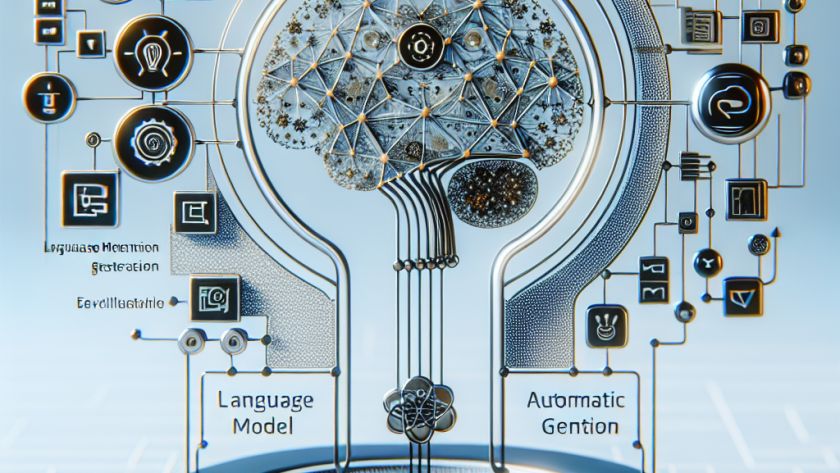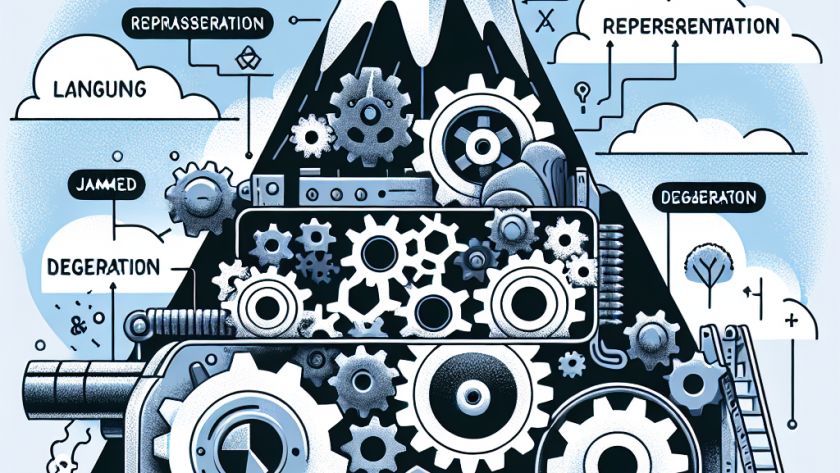In the world of automated processes in modern industries, a new advancement has been introduced named FlowMind by JP Morgan AI Research. This research's primary focus is on implementing methods of automating tasks that require flexibility and spontaneous decision-making, unlike the conventional robotic process automation (RPA) systems that handle more static and routine activities.
Traditional RPA…












